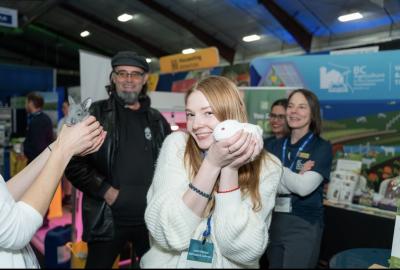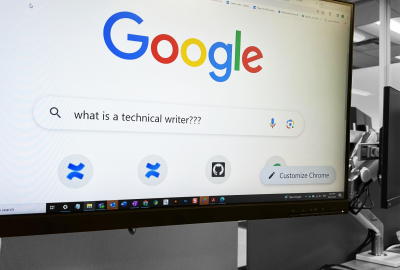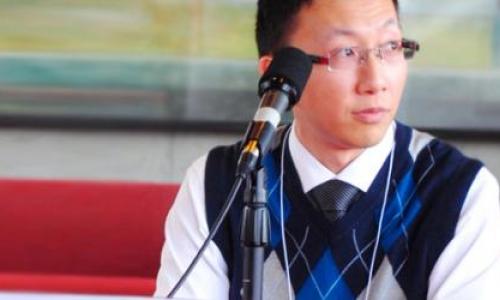
When it comes down to presenting yourself well to other people, networking is an essential and crucial skill to have. Simply put, networking is the process of building relationships with other people. In today’s world, a lot of people tend to say the job search process is now more about “who you know”, rather than “what you know”. The main benefit of networking, however, allows you to find jobs, meet new people, and build long lasting relationships for mutual benefit. Knowing the right people allows you to get to places that you might not be able to reach otherwise.
Like the job interview or the final exam, the best thing you can do is to prepare, practice, prepare, and practice some more! When you go to networking events, they usually have a theme, and this will help you shape your focus and the questions to ask. For example, if you are going to a marketing networking event, expect to see industry professionals who have an interest in marketing.
So now you are at the networking event. What’s next? Well, the next thing you need to do is master your elevator pitch. Basically, this pitch is a sixty second spiel in which you try to sell yourself to the other person. Whether the person you talk to is your next employer or not, being able to portray yourself well will definitely impress the other person, and even if nothing happens of the conversation, you may still gain a warm contact.
The next thing you must do is to stay interested and ask a lot of questions. A lot of students may be shy and not know what to say after a “hello”. Make sure you mitigate by preparing a selection of topics, such as what they thought of the keynote presenter’s speech, etc. Also, people love talking about themselves, so if you are able to keep asking questions about their work or how they got there, the more they’ll talk and like you.
Finally, do not forget to follow up. After you finish up your conversation, ask for their business card, and give them yours. It also does not hurt to ask if you may add them on LinkedIn! After you walk away, write down some interesting details about the person or the conversation you just had on the back of his/her business card. This way, when you follow-up the next few days in an e-mail, you are able to reference something you two had talked about. If you can master all the above skills, you will be a master networker in no time!
Beyond the Blog
- Visit the Career and Work Services to explore career opportunities!















